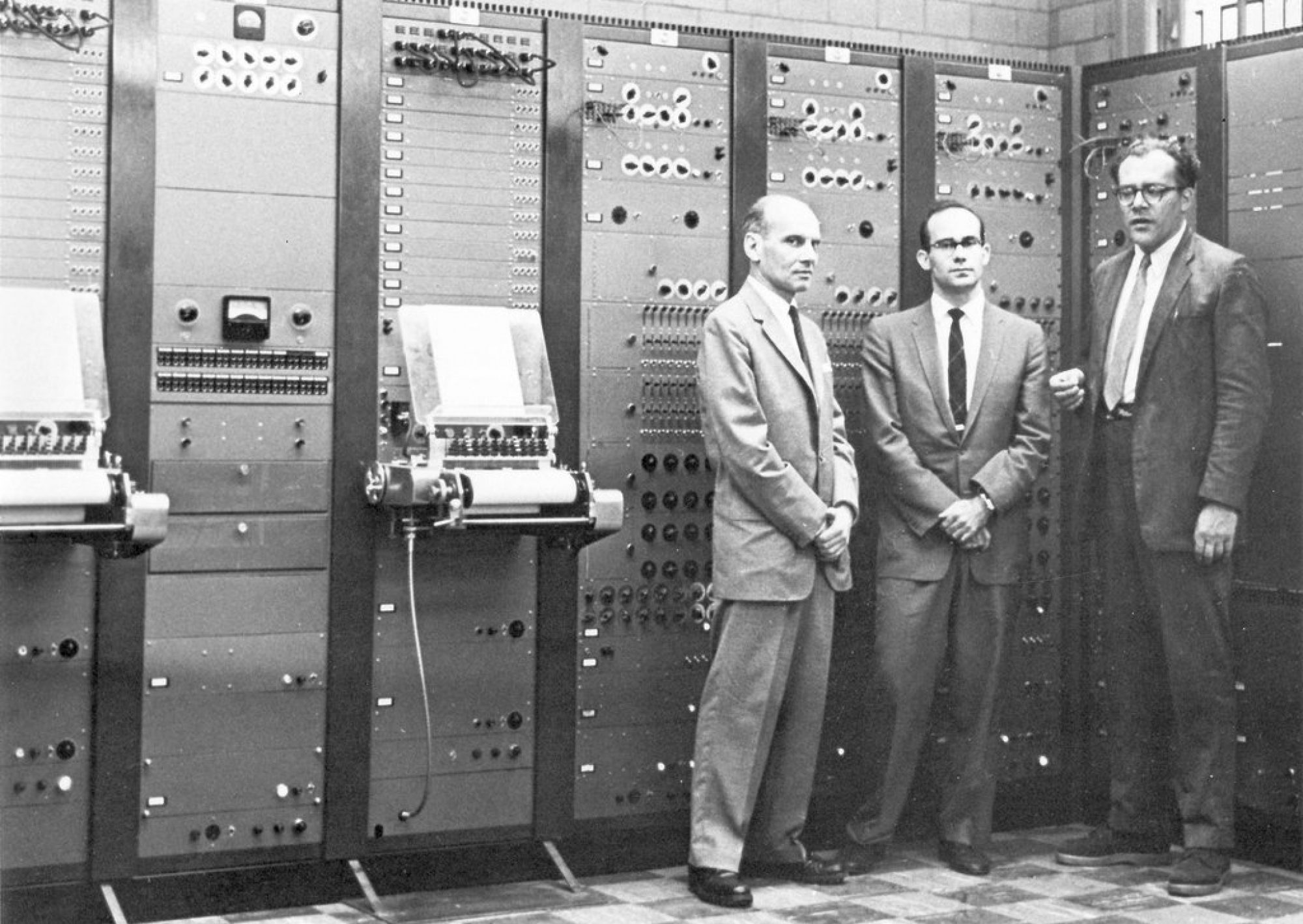In 1803, Beethoven dedicated his epic symphony Eroica to Napoleon – the emancipator and hero of the French Revolution, yet Beethoven’s admiration for Napoleon as a champion of freedom quickly vanished as he recognized Napoleon’s newly established emperorship. As a result, he “violently erased Napoleon’s name from his manuscript — so forcefully, in fact, that he erased his way right through the paper, leaving holes in the title page”.
Composers and lyricists have long been creating music in a political fashion, whether it be the music or explicit lyrics that serve to announce their political views, artists have always been seeking ways to educate the public about the current social and political issues.
Born in Worcester, Massachusetts, American rapper Joyner Lucas sparked controversy after the release of his non-album single “I’m Not Racist” in November 28, 2017.
https://www.youtube.com/watch?v=43gm3CJePn0
The two parts of the song express the distinct opinions of a trump supporter as opposed to those of an African American man regarding the systemic racism that is very much alive today. For instance, the song opens with the trump supporter’s brutally honest perspective: “With all due respect, I don’t have pity for you black niggas, that’s the way I feel.” As the Trump supporter represents a larger culture of hateful racism, his contentious introduction suggests that the political view that African Americans “deserve” the unequal treatment that is present at various levels in our society. In the same part of the song, the Trump supporter uttered: “But you lazy as fuck and you’d rather sell drugs than get a job and be straight, and then you turn around and complain about the poverty rate”. It would have been much more problematic if the song had ended just there as it legitimized the effects of the systemic racism by proposing a causal relationship between the actions of African Americans and their “race-specific” circumstances. In a similar fashion, American rapper Kanye West caused online furor when a video went viral showing his statement at TMZ headquarters on May 1st, 2018: “When you hear about slavery for 400 years … For 400 years? That sounds like a choice.”
Thankfully, the second part of “I’m Not Racist” offered the perspective of the African American man and strove to explain the current trends in the African American community from a historical perspective: “And even if I wasn’t picking cotton physically that don’t mean I’m not affected by the history. My grandmomma was a slave, that shit gets to me”. Of course, there is something to be said about the psychological impacts of being the descent of slaves, but as we look at the current racial issues today, people rarely discuss the origins of these issues, blinding us from the truths that surround the cultural trends of the African American community. Furthermore, the African American man in the music video vocalized his thoughts: “Hatred all in your brain, it slowly start to convince you, and then you teach it to your children until the cycle continue”. The message is clear: Racism is taught – it is a human construct made to oppress the minority.
Although the song expressed strong opinions from both sides of the political spectrum, it did not conclude the “right” view, leaving the audience in deep wonderment. It is obvious that songs like “I’m Not Racist” are made to pronounce political opinions to the mass, but the effect goes far beyond the music and lyrics themselves: just as Beethoven “un-dedicates” his epic symphony to publicize his condemnation toward Napoleon’s emperorship, I believe that we can impact the political views of our generation if dominant artists today can speak up against ignoble and corrupted political actions.
